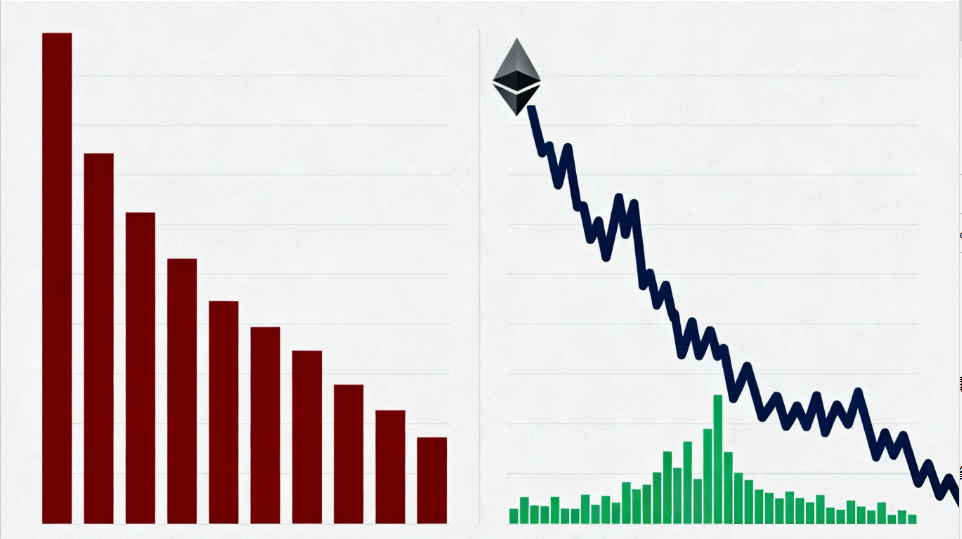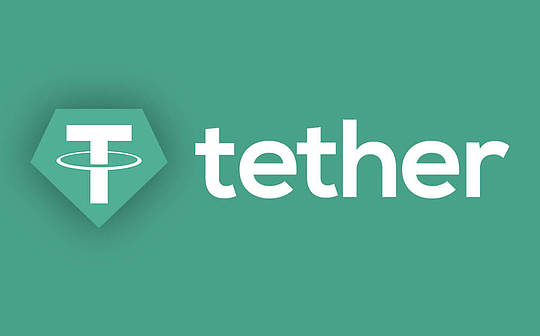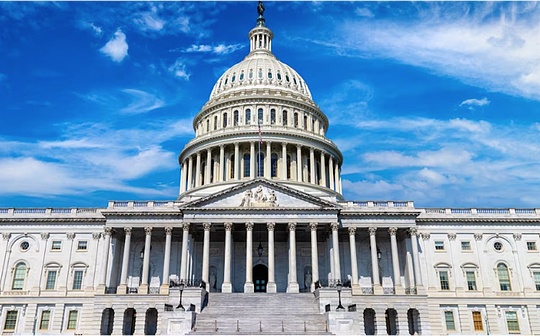
Recently, the Central Bank of Brazil officially released comprehensive regulatory rules for the cryptocurrency industry, marking a significant step in the country's regulation of the digital asset sector. The new regulations require all virtual asset service providers to obtain a specific license issued by the central bank and maintain different levels of capital requirements based on their business types, ranging from 10.8 million to 37.2 million Brazilian reais (approximately US$2 million to US$7 million). This move aims to strengthen risk control in the crypto market, protect investor rights, and promote the stability of the financial system.
Capital Threshold: Tiered Based on Business Risk
According to the central bank's detailed provisions, capital requirements for crypto service providers are not a "one-size-fits-all" approach but are differentiated based on the types of services they offer and potential risks. For instance, platforms primarily engaged in converting cryptocurrencies into fiat currency must meet higher capital standards, while service providers focused on asset custody or cross-border transfers are subject to relatively lower thresholds. This tiered mechanism aims to ensure that service providers have sufficient financial strength to cope with market fluctuations and potential operational risks, while preventing undercapitalized enterprises from entering the market, thereby reducing systemic risks.
Expanded Regulatory Scope: Crypto Activities Integrated into Foreign Exchange and Capital Market Systems
Another core aspect of the new regulations is the formal inclusion of cryptocurrency-related activities into the existing regulatory framework for the national foreign exchange and capital markets. This means virtual asset service providers must comply with anti-money laundering and counter-terrorism financing requirements similar to those for traditional financial institutions. Additionally, companies must regularly submit detailed cross-border transaction data to the central bank, including records involving stablecoins, self-custody wallets, and conversions between cryptocurrencies and fiat currency. This provision helps the central bank gain a more comprehensive understanding of fund flows and prevent illegal cross-border asset transfers.
Enhanced Restrictions on Stablecoins and Self-Custody Wallets
Notably, the new regulations impose additional restrictions on transactions involving stablecoins and self-custody wallets. For example, the issuance and circulation of stablecoins require central bank approval, and service providers must provide sufficient proof of reserves. Transactions involving self-custody wallets require stricter identity verification and transaction monitoring. These measures reflect regulators' focus on potential risk areas, especially in the context of rapid development in decentralized finance, to prevent these tools from being used to evade regulation or engage in illegal activities.
Industry Impact and Future Outlook
The regulatory framework introduced by the Central Bank of Brazil is expected to have a profound impact on local and international crypto businesses. On one hand, the higher capital threshold may prompt some small and medium-sized platforms to seek mergers or exit the market, thereby accelerating industry consolidation. On the other hand, the clear licensing system will help improve market transparency and attract more institutional investors. In the long term, this regulatory move will not only help Brazil maintain its leading position in the digital finance sector in Latin America but may also provide a reference model for other countries.
In summary, by establishing strict capital requirements and expanding the regulatory scope, Brazil is gradually building a safer and more standardized crypto market environment. In the future, as the rules are implemented, crypto service providers will need to quickly adjust their operational strategies to meet compliance requirements, while investors will participate in digital asset transactions within a more secure framework.















